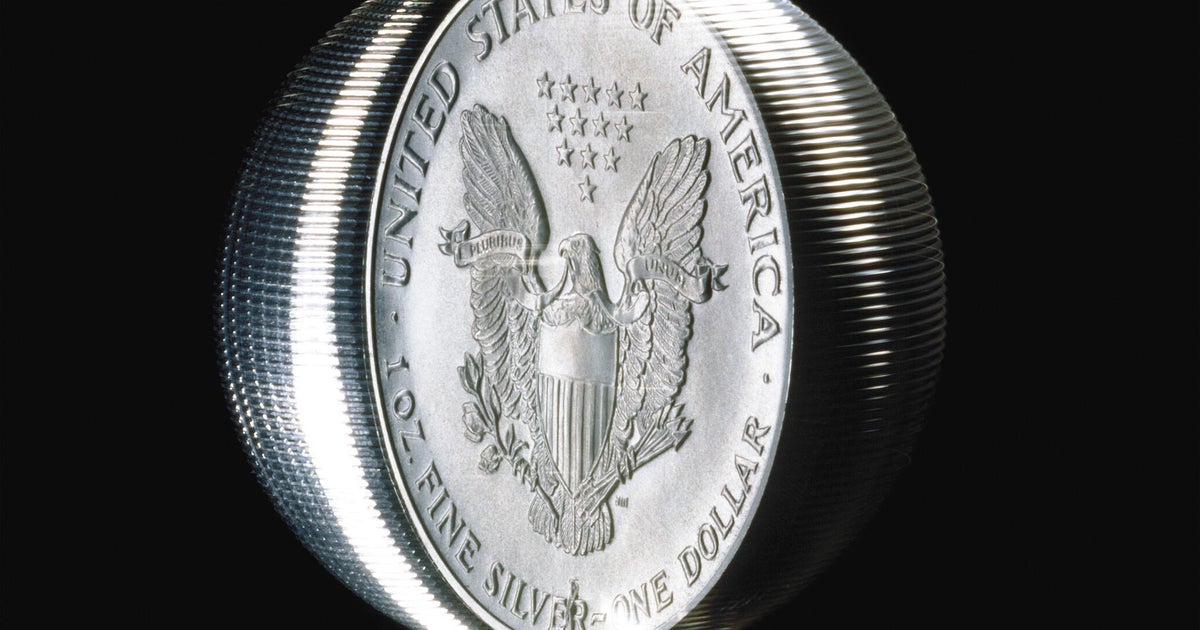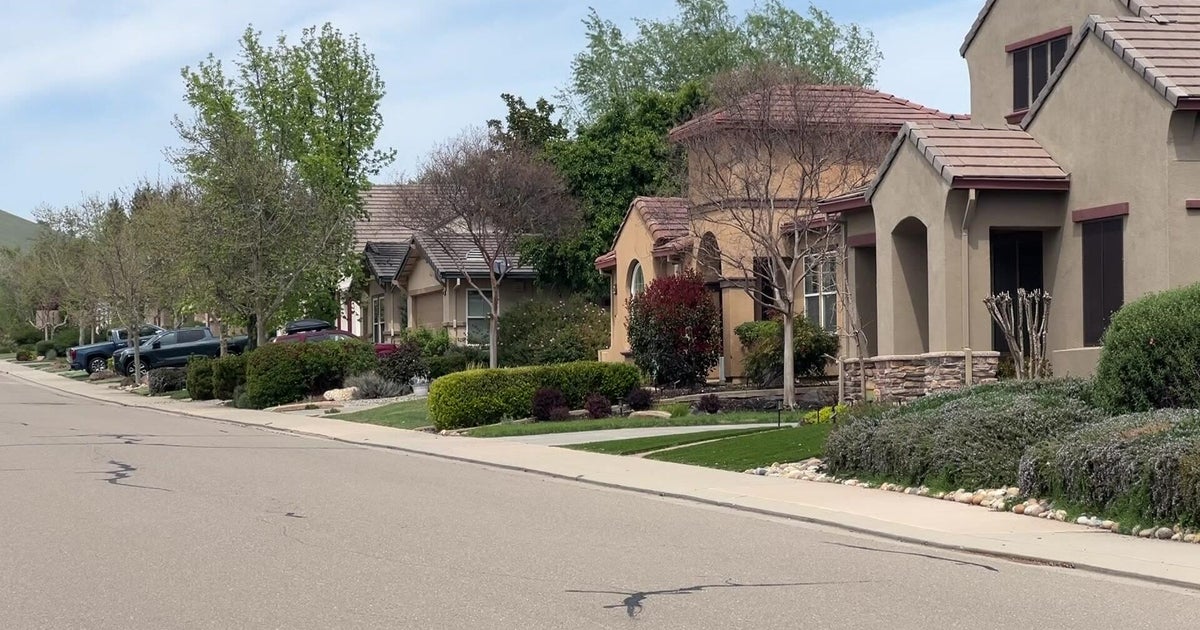Can debt relief help with collections debt?
Dealing with debt issues can be overwhelming, especially if your debt has been turned over to a debt collector to deal with. When your debt slips into collections, those simple monthly bills that you were unable to pay can transform into something more menacing: persistent phone calls, threatening letters, extra financial stress and even legal actions over time. As a result, dealing with collection debt comes with a unique set of challenges that can seem insurmountable to those experiencing it firsthand.
Many Americans find themselves in this difficult position, though. Each year, millions of people have their old debt sent to collection agencies, whether it's due to an old medical bill they can't pay, a seriously delinquent credit card bill or some other type of financial issue. This isn't just a problem affecting a small segment of society, either. It's an issue that crosses income levels, education backgrounds and geographic regions.
Even when debt has reached collections, though, certain options still exist. But is debt relief one of them, or are debt relief programs geared toward people who aren't yet facing issues with debt collectors? Below, we'll break down what to know.
See what debt relief options are available to you now.
Can debt relief help with collections debt?
The good news is that yes, debt relief can help with collections debt. In fact, debt relief programs are specifically designed to reduce the burden of overwhelming debt through strategies like negotiation, consolidation or legal processes, so certain types of debt relief may be an ideal solution for your debt collection issues.
Take, for example, debt settlement, which is also known as debt forgiveness. Debt settlement is one of the primary ways debt relief can assist with collections debt. This type of debt relief involves negotiating with the collection agency to agree on a lump-sum payment that is less than the full balance owed. Because collection agencies often buy debts for a fraction of their original value, they may be willing to settle for a lower amount — and in many cases, this process can reduce what's owed by 30% to 50% or more on average.
Debt consolidation is another option that helps manage collection debt. By consolidating your debt, you're combining multiple debts into a single payment, often with a lower interest rate. That makes it cheaper and easier to manage what's owed — and it's possible to consolidate your collections debt and your normal debt during the process.
Those are just two of the debt relief options that could help, though. There are many debt relief avenues to consider, each with its own set of pros and cons to weigh.
Compare your debt relief options and find the right solution today.
What debt relief options should I consider for collections debt?
When considering debt relief for this type of debt, there are several options to explore, including:
- Debt settlement: Debt settlement involves negotiating with collection agencies to pay a reduced lump-sum amount in exchange for settling the debt. This option can significantly lower the amount owed but may damage your credit score temporarily and come with tax liabilities on the forgiven portion.
- Debt consolidation: Debt consolidation can be handled in a few different ways, including a traditional debt consolidation loan or a debt consolidation program. Either option combines multiple debts into a single loan with a lower interest rate, making payments more manageable. This approach typically works best for those who have the financial stability to make regular payments and want to simplify their debt obligations.
- Debt management: Debt management plans, which are typically offered by credit counseling agencies, involve working with creditors to create a structured repayment plan with reduced interest rates and fees. Unlike settlement, this approach does not reduce the principal amount but makes payments more manageable.
- Negotiating directly with debt collectors: In some cases, you may be able to negotiate directly with the collection agencies to set up affordable payment plans or request debt validation to ensure the debt is legitimate.
- Bankruptcy: If other debt relief options are not viable, filing for bankruptcy may provide a legal solution to eliminate or restructure your debt. Chapter 7 bankruptcy can discharge certain debts, while Chapter 13 sets up a repayment plan. However, bankruptcy has serious credit and legal implications that should be carefully considered.
The bottom line
Dealing with debt collectors can be stressful, but debt relief offers solutions that can ease the financial burden. Whether through settlement, consolidation, management plans or bankruptcy, there are multiple paths to regaining control. Before you make a decision, though, it's important to carefully assess financial circumstances and seek professional guidance if needed. While each method has pros and cons, choosing the right one can help you move toward eliminating your collections debt and regain financial stability.




